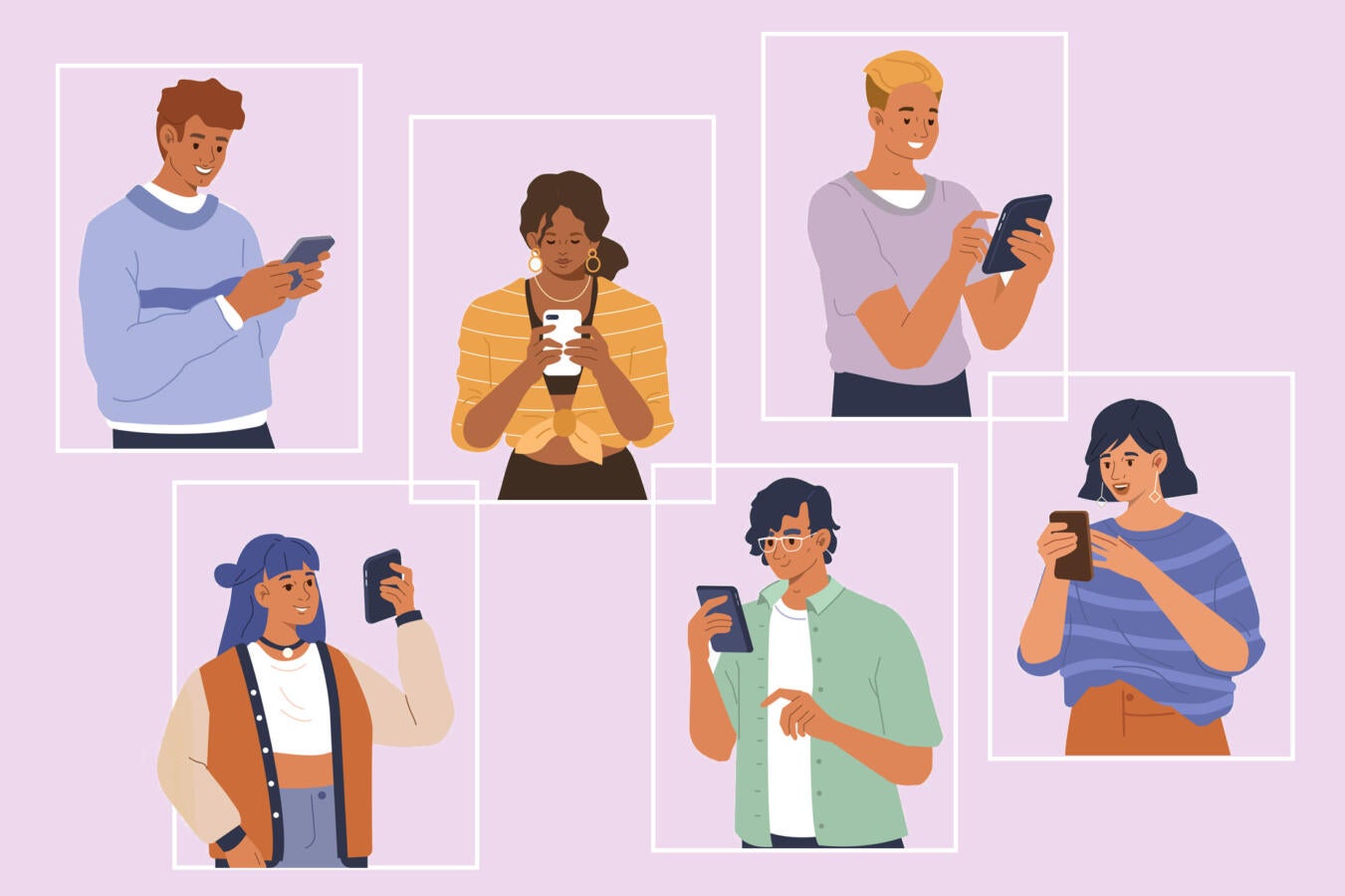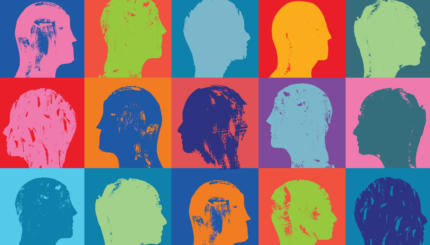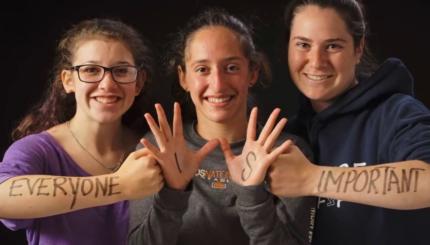Social media has become a powerful tool to expand the conversation about mental health. For example, on TikTok, videos with the hashtag #mentalhealth have been watched over 93 billion times, which shows just how popular the topic has become. On the one hand, this is great because it’s helping to normalize and de-stigmatize issues of mental health. Just by giving a wide platform to terms like depression, anxiety, or disordered eating, we’re helping to reduce the taboo surrounding them. And, generally, social media allows us to be connected to many more people and sources of information than ever before. In many ways, it’s an important space for making and finding community. On the other hand, the nature of TikTok short-form videos makes it easier for people to make self-diagnoses based on limited or even incorrect information. Without adequate additional research, and without the support of a professional, social media is not a reliable source for a mental health diagnosis.
Some of the social media conversation around mental health helps people identify, understand, or consider diagnosing themselves or others. In this context, creators might describe specific symptoms associated with their clinical diagnosis, making it easy for viewers to identify themselves with the creator’s experience. Because TikTok videos are so short, information has to be shared in bite-sized pieces. This structure can’t ensure appropriately detailed and nuanced information when discussing a clinical diagnosis. In clinical and professional settings, diagnoses are made in the context of an individual’s life and environment, which TikTok can’t accommodate.
At the same time, there’s a lot of benefit to learning about people’s lived experiences directly from the source. Broadening our perspectives like this– by hearing and thinking about other people’s stories– is a really important way to raise awareness to the wide spectrum of mental health experiences. Learning about different disorders might help you understand yourself and your experiences better, and this matters a lot. In order to make sense of our worlds, we first need a vocabulary to talk about it. And TikTok has been very successful in making these vocabularies around mental health much more accessible and normalized.
However, the reality is that TikTok makes it easy to encounter unverified information. This doesn’t mean that it’s not a worthwhile platform– there is also a lot of valuable information available– but it does mean that social media users have a responsibility to think critically and realistically about the content with which they engage. If or when you see a video that makes you think you might have a specific diagnosis, do your research! Learn more about what doctors and mental health professionals have to say about it. You can even use those videos as reference for the next time you talk to a doctor; they’ll be curious why you think you might have a specific diagnosis. There are also lots of mental health professionals who create videos on TikTok (see below for a few links) and share expert information. Since professional advice isn’t always accessible to teens, their words and advice can help inform you even more. Seeking out information from professionals will supplement what you’re learning from individuals sharing their lived experiences, and helps you broaden your perspective even further.
If you want to seek out a potential treatment plan, that’s when it’s time to look for a professional diagnosis. Unfortunately, the truth is that this isn’t a simple or always affordable option; access to professional mental health care has a long way to go in the US. Still, it will be worth it to explore your options and get a professional’s support in helping you sort out a diagnosis and treatment plan. Even without a clinical mental health diagnosis, therapy can still be hugely beneficial for you. It is so important to understand yourself in order to better navigate your life; be sure to do it with help from trained professionals, whose entire job it is to support you!
If you’re interested in learning more from mental health professionals on TikTok, look at these online lists (compiled July 2023):
https://www.transformationsnetwork.com/post/mental-health-professionals-you-should-follow-on-tiktok
https://www.silkandsonder.com/blogs/news/tiktok-mental-health-accounts






